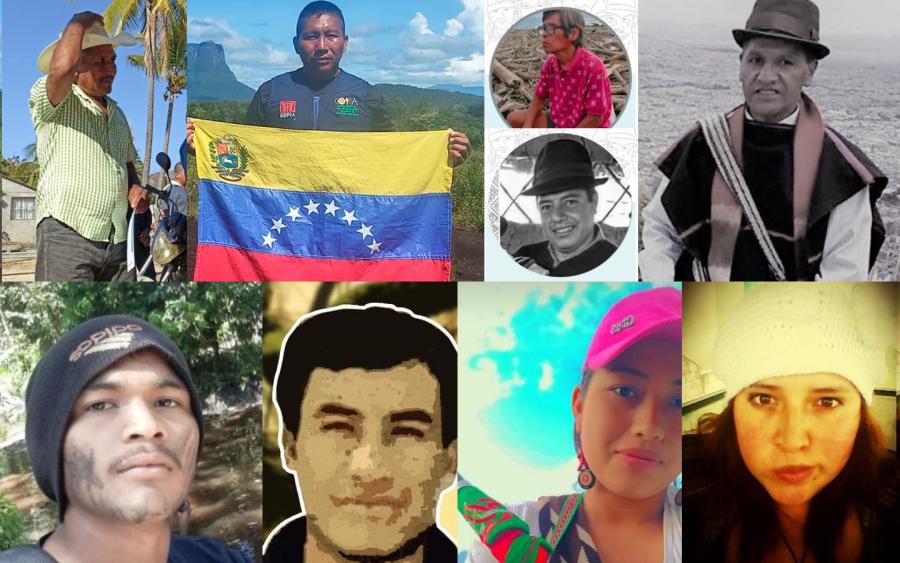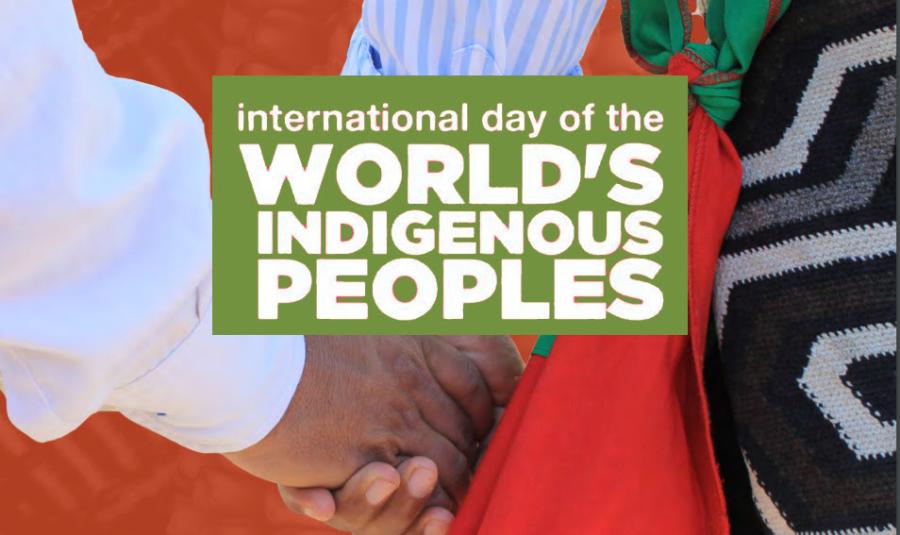The vast majority of violent conflict in the world occurs not between states but between majority and minority groups within states–peoples polarized by ethnic and religious divides. There is an urgent need for more dialogue on minority rights issues, and it is absolutely essential that accurate, objective, and up-to-date information is available on the 10 percent to 20 percent of the world's population who self-identify as minorities. The World Directory of Minorities, published by the internationally renowned London-based Minority Rights Group, meets this need. The emergence of viable pluralist democracies wherein the vast kaleidoscope of peoples are free to determine their own destinies is a central goal of the Minority Rights Group, and this newly updated and re-released text–a huge accomplishment–is an essential tool aiding this process.The 800-page World Directory provides an authoritative and concise reference on the contemporary situation of minorities in more than 200 states and dependent territories–organized geographically by region and country–and covers every major issue for which information is available.
The 1992 United Nations Declaration on the Rights of Persons belonging to National or Ethnic, Religious, and Linguistic Minorities requires that state policies are planned and implemented with due regard for the legitimate interests of minorities, but does not offer any definition of who or what constitutes a minority. U.N. Special Rapporteur Francesco Capotorti in 1979 referred to minorities as non-dominant peoples who possess ethnic, religious, or linguistic characteristics differing from those of the rest of the population and who have a sense of solidarity directed toward preserving their cultures, traditions, religions, or languages. The World Directory is concerned with minorities as marginalized peoples–those excluded from political power and decision-making in the development process–whose options are few, who suffer poor health, under-education, and employment discrimination, and who are victims of ill-conceived and often hostile aid programs.
Written by more than 22 regional specialists–with an important legal essay on minority rights by Professor Patrick Thornberry–this mighty tome will be of special interest to scholars, educators, human rights advocates, and government and U.N. officials. Each minority profile provides information on that group's languages, religions, population statistics, and the country's Human Development Index and Rank. Since its publication in 2002, the situation of some minorities has changed dramatically. It is therefore important that this invaluable resource be available online so that it may reach the greatest possible audience and be readily updated to reflect changing times.
Ian S. McIntosh is co-director of Cultural Survival.



